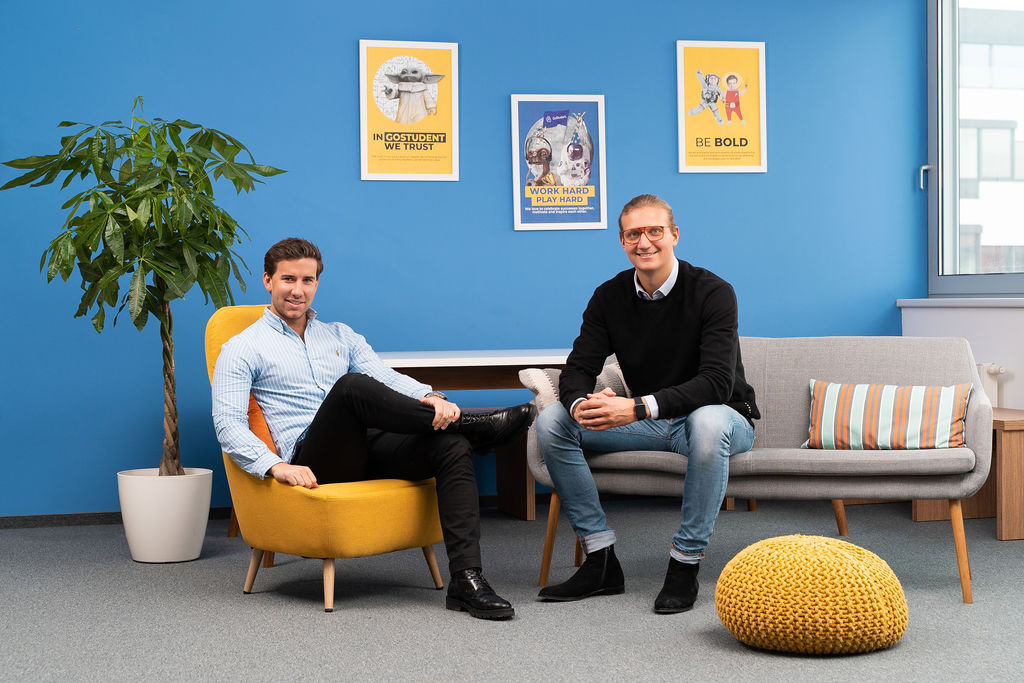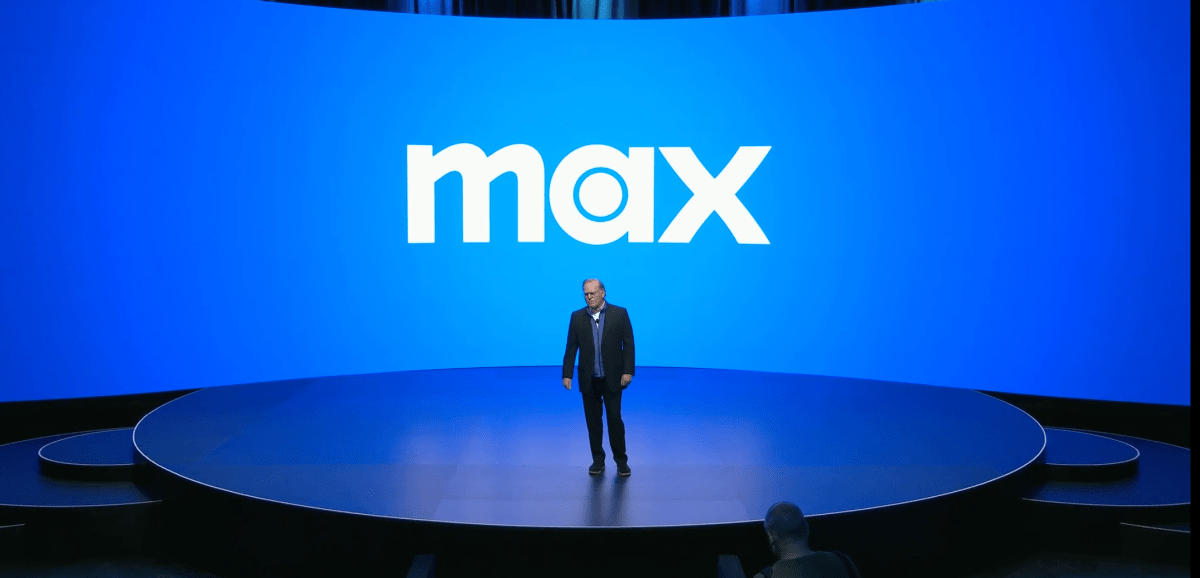Alice&Bob, a quantum computing startup, raises $30M to launch its first fault tolerant ‘cat qubit’ computers in 2023 – TechCrunch
Quantum computing has been something of a holy grail in the world of technology: in theory, it promises an unprecedented amount of processing power that could be used to solve the most complicated problems; in practice, most attempts at building the physical manifestation of the concept produce too many errors as a byproduct to make quantum computers productive at scale. Now a startup out of France believes it has made a breakthrough to solve those issues, and it is announcing some funding to help it apply those advances to building machines it intends to launch next year.
Alice&Bob — Paris startup that is building what it says are fault-tolerant quantum processors — has raised €27 million (just under $30 million at today’s rates), money that it will be using to develop chips and computers, and a business model based around exponentially-powered quantum-computing-as-a-service, all for a 2023 launch. The Series A is being co-led by Elaia, Bpifrance (by way of its Digital Venture fund), and Supernova Invest, with participation also from Breega. (Elaia and Breega also backed Alice&Bob in a €3 million seed round in 2020, the year the startup was founded.)
The startup’s name is a reference to the two fictional characters that are often used as archetypes for hypothetical thought experiments in areas like cryptography and quantum physics. Similarly, the breakthrough building block of Alice&Bob’s system also has a theoretical reference in it. Rather than pursuing ways to reduce faults by throwing more qubits at the problem (qubits being the typical building block of a quantum computing system), Théau Peronnin, the CEO, tells me that Alice&Bob have devised a different architecture that it calls a “cat qubit”, a reference to Schrödinger’s Cat and the idea of something being in “two states” at once, as a way to reduce the faults in processing, thereby to reduce the number of processors needed to overcome those faults.
While most approaches to building quantum computer processors have been based around superconducting circuits — Peronnin notes that this is what IBM and Google have been working on — what his startup has devised “is another kind of chip architecture” that automatically corrects the errors.
Founded by Peronnin and Raphaël Lescanne as a spinout from French academia — of the 40 people who work there now, more than half have PhDs — Alice&Bob has continued to collaborate with French research labs to prove out its approach.
Recent work with one group led by quantum physics professor Zaki Leghtas showed that its cat qubits resists “bit flips” (the name for one of the two types of faults quantum systems usually encounter) for several minutes. That may not sound like much up time, but it’s nearly a 100,000x improvement on earlier quantum efforts.
Peronnin tells me that the startup’s next step — and the reason why it will be another year before we see any product announcements — is to work on using its cat qubit to reduce phase flips (the other type of fault).
The work it has done so far has been extensive enough that Peronnin believes the startup has leaped ahead of many of the quantum efforts of other, much larger tech companies. Alice&Bob have filed patents on its hardware and software components, and while it does not have plans to license it to other companies before using it to build its own computers, he noted that this remains an option down the road, too.
“At the moment, we’re focusing on building the whole machin because we first have to demonstrate that the technology can deliver on its promises,” he said. “But since we’re seeing some competitors, and part of our technology is patented, then the question [of licensing] will be open.” He noted as one example Amazon’s quantum roadmap, which mentioned the component that Alice&Bob designed 151 times on 118 pages. “I think we can say they are following us.”
The global quantum race has been precisely that up to now: although we’ve seen many announcements from larger tech companies of the work that they are doing, plus a wide swathe of startups coming out of academia also looking to commercialize their particular advancements and approaches (Alice&Bob being among the latter), no one has actually reached the finish line just yet with machines that can actually deliver, at scale, in the kind of exponential computing that quantum computing promises.
Yet it all looks tantalizingly close, and given how the rest of the tech world has advanced — with advances in AI, a push for applying technology to solve some of the world’s most pernicious problems, and simply to make existing work more efficient — there remains a huge appetite to continue funding startups like this one to see if who and what makes it all come together in the end.
“As deep tech investors, we are convinced that some of society’s biggest challenges can be addressed by using breakthrough technologies created in research labs,” said Sofia Dahoune, Investment Director at Elaia, in a statement. “As such, we regard quantum computing as one of the most promising world-changing technologies that could foster extraordinary progress across a broad range of applications.”



